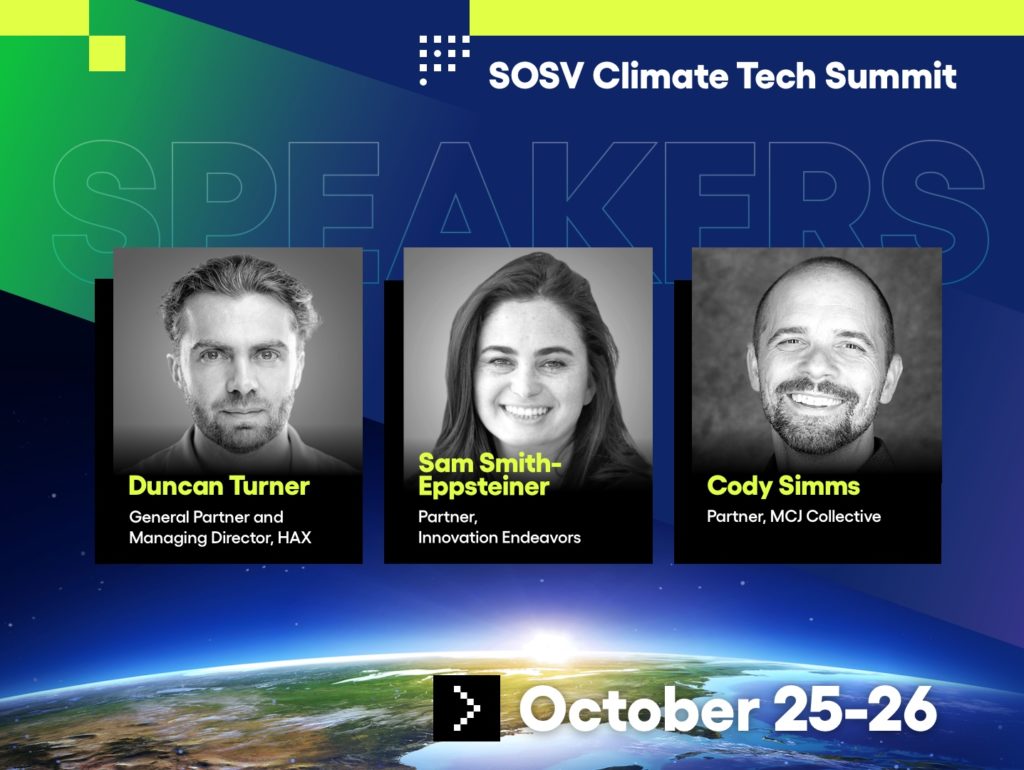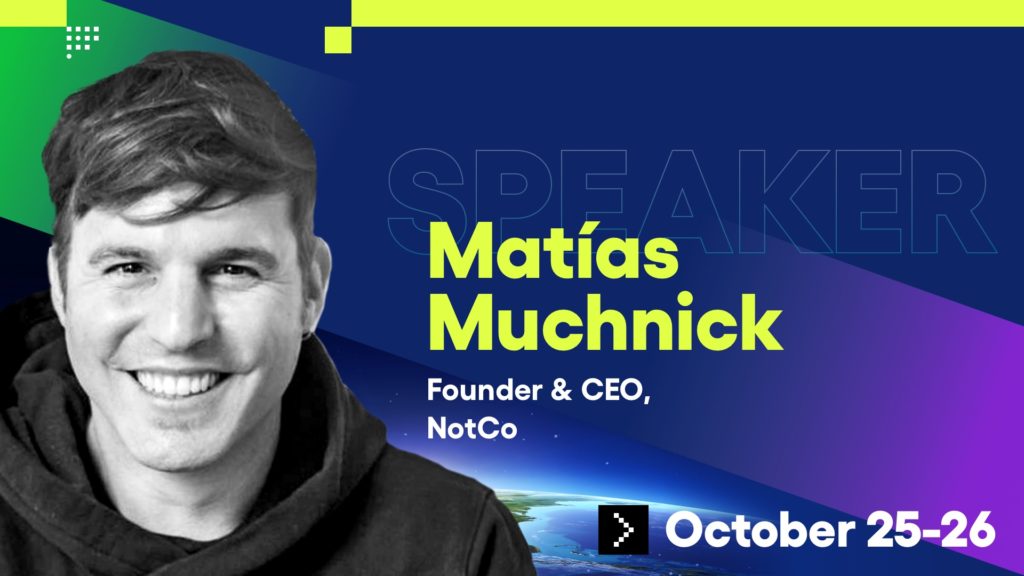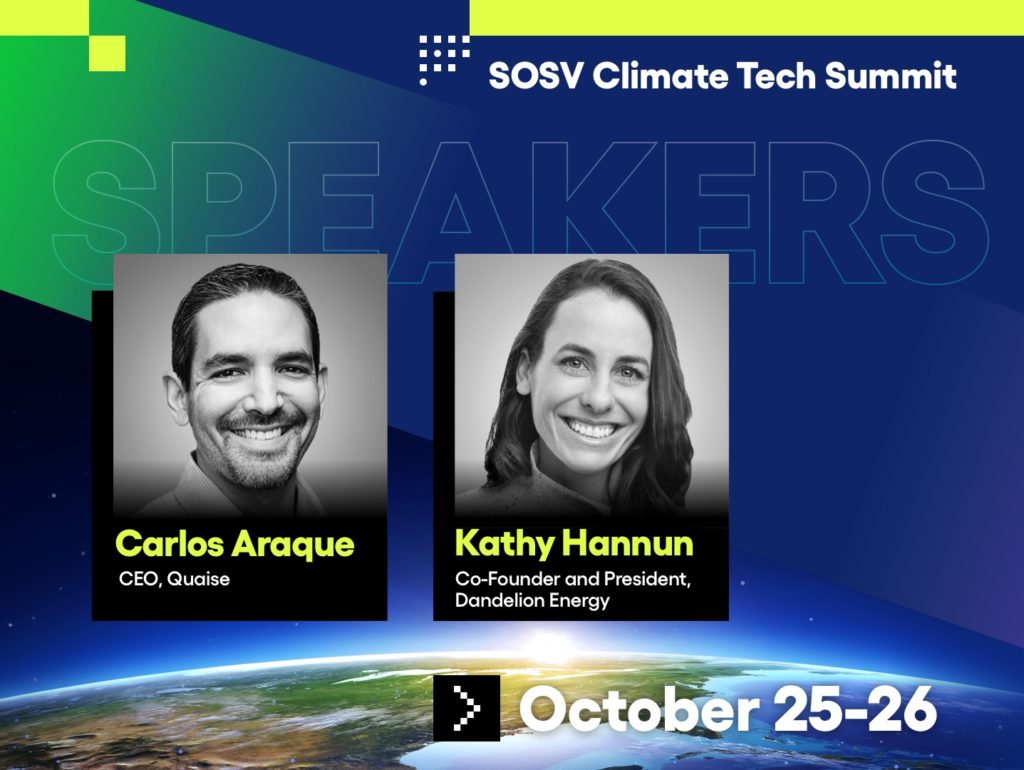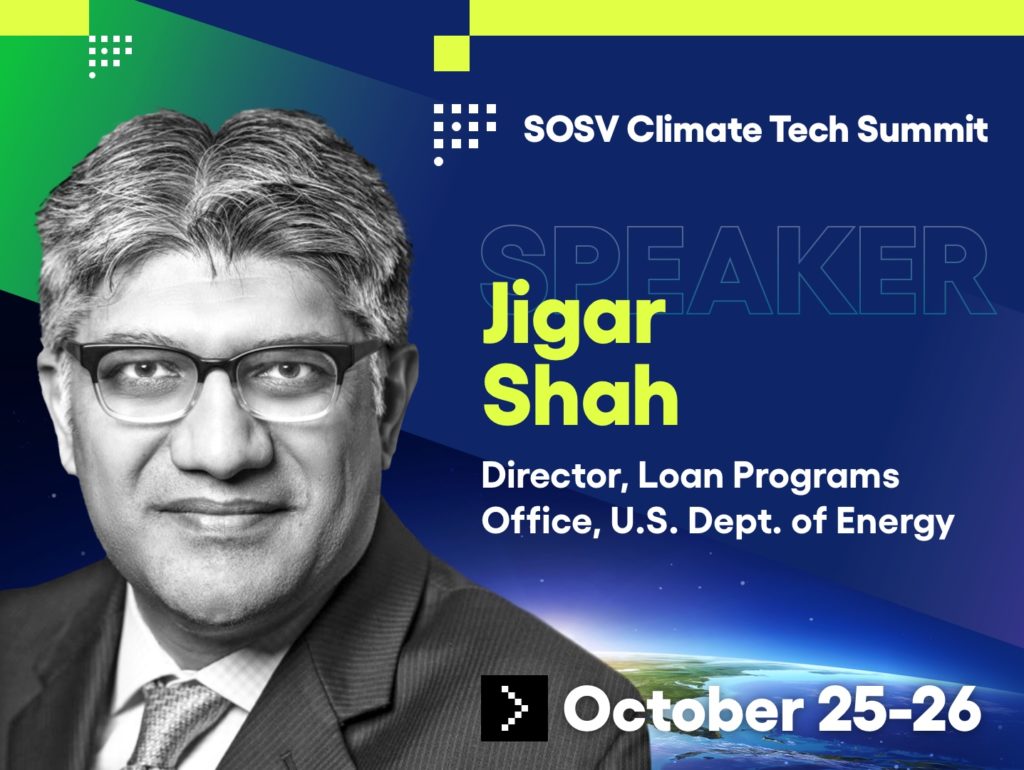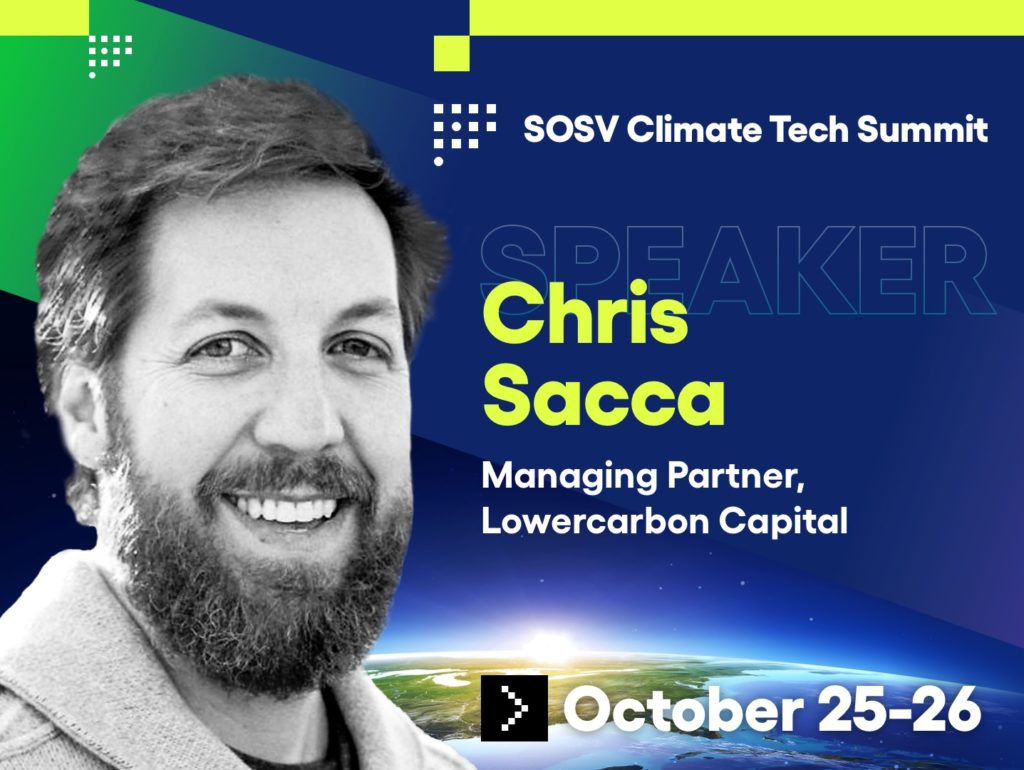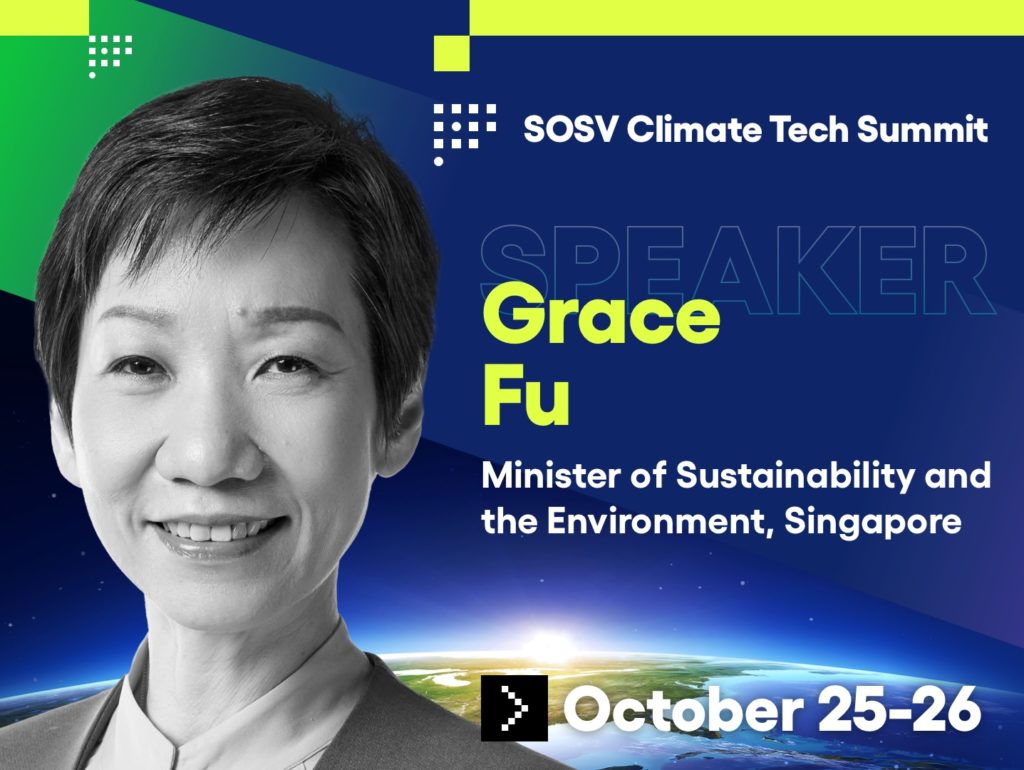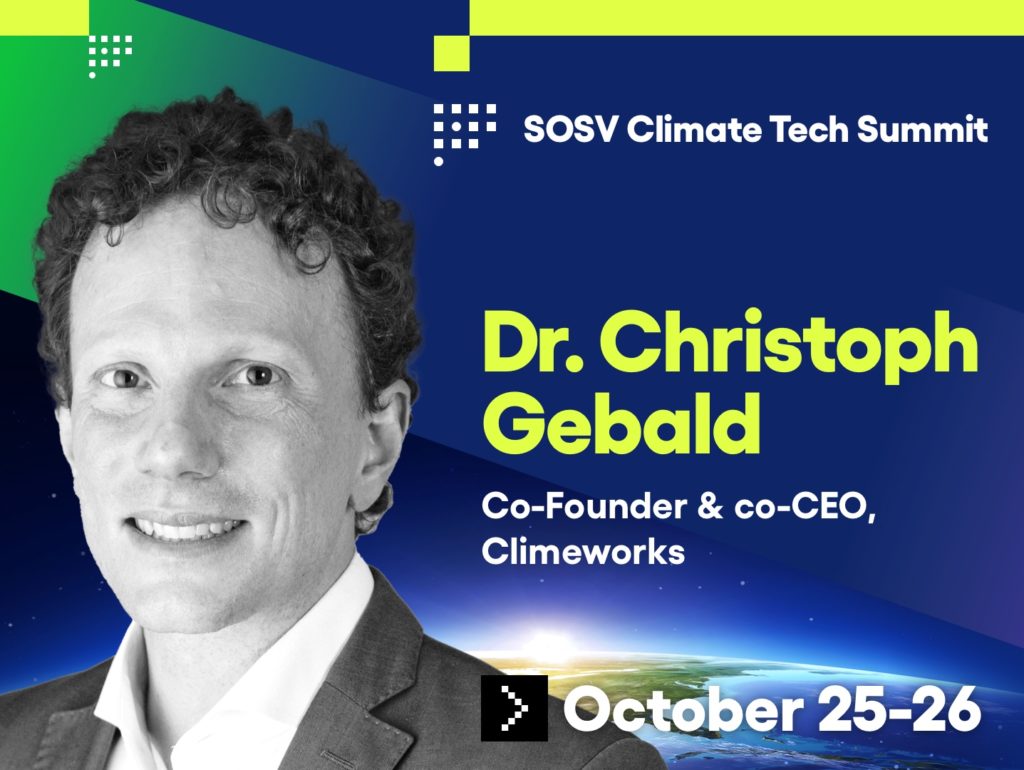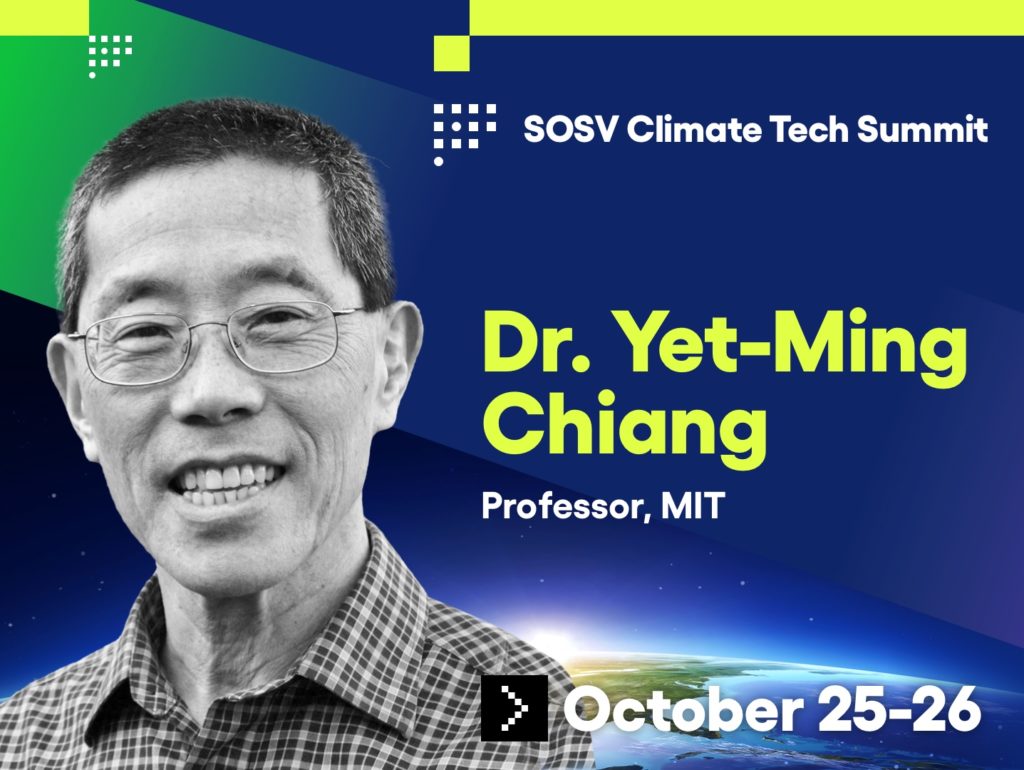Much of the VC industry is in retreat this year, but early-stage climate tech investors are charging ahead. In fact, seed deals in climate tech doubled year over year in the first half of 2022.
Picking early stage climate winners: The view from SOSV’s HAX, MCJ Collective and Innovation Endeavors
